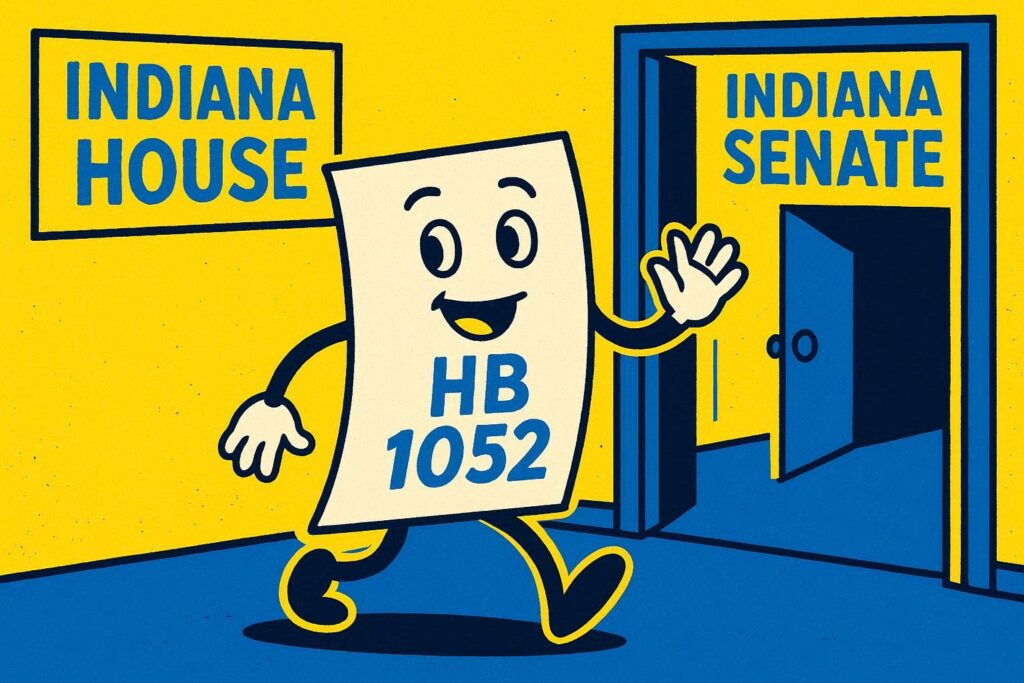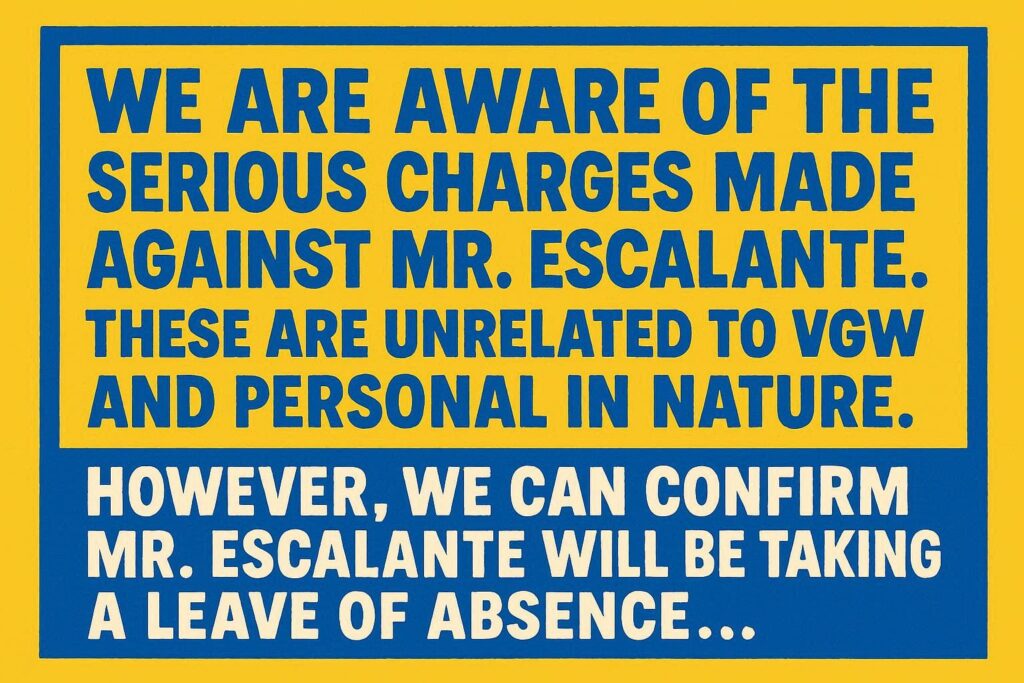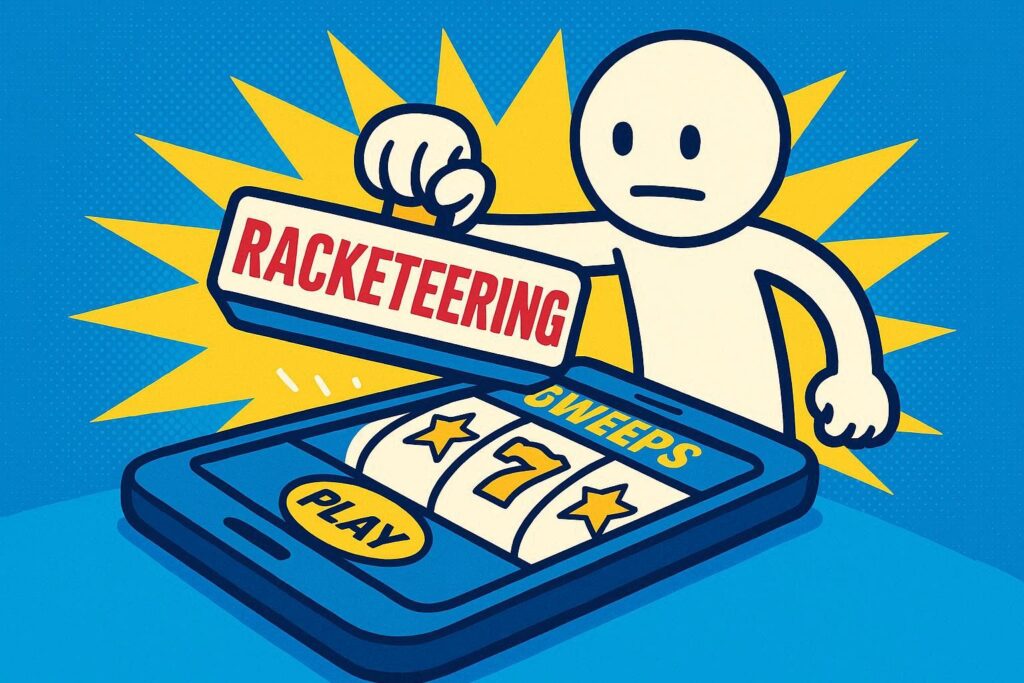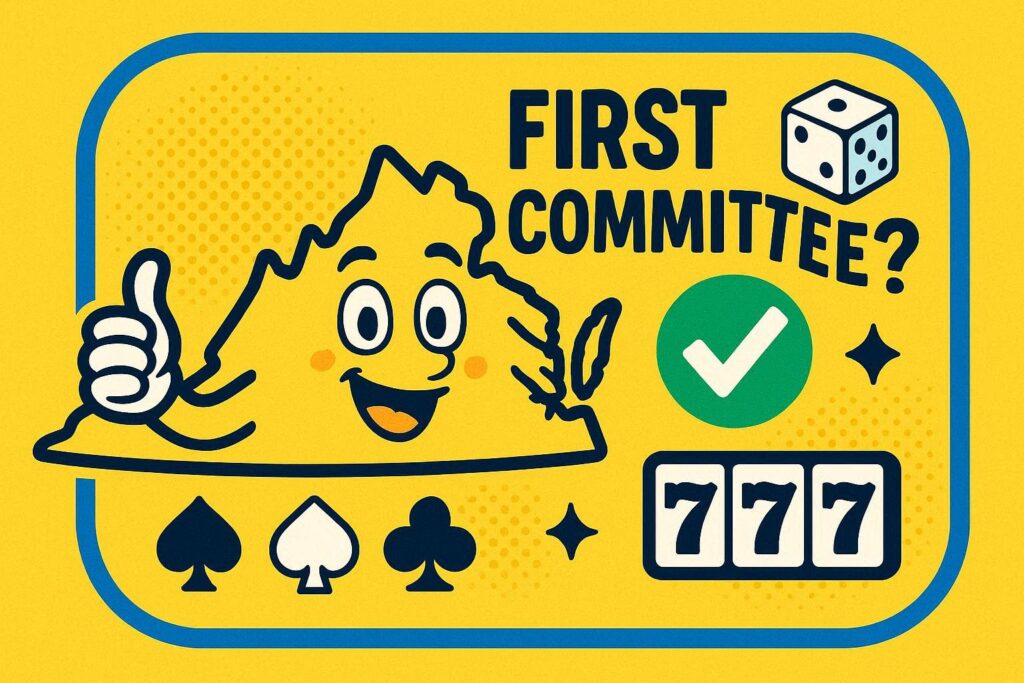Perhaps no topic has been more at the heart of the scrutiny facing sweepstakes casinos in 2025 than their commitment to responsible gaming. Whether it’s an earnest concern from those in the safe gameplay sector, or politicking from competitors looking to oust sweeps, operators have had their player protection systems called into question throughout this hectic year.
And when it comes to responsible gaming in the sweepstakes casino market, most observers look to VGW — the owner of Chumba Casino, LuckyLand Slots, and Global Poker — as the industry leader.
So Sweepsy hopped on a call with Dwight Ramenaden, VGW’s Head of Responsible Social Gameplay, to get a sense of the RSG climate at VGW and see how it compares to what those in the anti-sweeps coalition allege.
“We’ve got a very comprehensive program,” Ramenaden said. “I just want to really emphasize that I think the VGW RSG program would stand heads up to anyone in the industry, both social and real-money.”
‘I have a very deep background in the real-money space’
Ramenaden came to VGW in 2022 with a background in responsible gaming.
On the operator side, he worked for three years in various player protection roles at the digital gaming company Casumo in Malta, “building their [RSG] program over there,” he told Sweepsy. And, before that, outside the industry, Ramenaden spent three years on the standards and accreditation team at Canada’s Responsible Gambling Council.
“So I have a very deep background in the real-money space,” he said. “And actually, what really appealed to me [at VGW] was when this opportunity came in 2022 … they really wanted to bring some of the best subject matter experts from all over to basically come together and bring a responsible social gameplay program to the United States.
“Usually, you can tell the commitment of the program or the company from the leadership down. [VGW founder Laurence Escalante] was so passionate about making sure that the services we offer did not cause harm — not one dollar from someone experiencing harm from our service, our product — and really creating the best in class program there is in the industry and best even against real-money comparables.”
Tenets brought over from Responsible Gambling Council
Ramenaden then got into some of the details of VGW’s RSG program, which features a staff of nearly 30 employees and automatic elements such as a customer risk score developed with his data scientist based on markers of harm.
“One thing I can tell you about my background is when I did work at the RGC, we were basically consulted on reviewing people’s training programs and building it up to best practice standards,” he said. “So my training program [at VGW] is really grounded on those kinds of concepts that would meet that RGC standard. Every member that joins the company goes through an online training, and then every customer-facing team gets an advanced RSG training in person.
“We’ve got a ton of RSG tools. That’s what we wanted to focus on — providing a platform and a range of tools for our players to have the ability to control their own gameplay. So we offer a purchase limit. We offer a take a break option. We offer self-exclusions. We have activity reminders that go off every hour.
“One thing I would say is that all of our breaks are non-revocable. So, you probably have heard of this, but in some online operators, if you take a self-exclusion, all you have to do is request to have it revoked. Ours are irrevocable.”
Introducing gameplay affordability
In addition to VGW’s own consumer risk score it uses to identify potentially at-risk players, Ramenaden highlighted what he believes is a one-of-a-kind RSG component in both sweeps gaming and real-money iGaming.
“I think what really stands out for us is we are the first known social casino or I believe real money to introduce the concept of gameplay affordability to North America,” Ramenaden said. “What we have the ability to do is estimate a person’s income based off of their zip code. And based off of that, what we do is we send out RSG soft messages or just little quick interactions whenever they might purchase something that we believe is around that range. You know that that doesn’t exist with any land-based operator.”
Ramenaden also highlighted a new team his RSG team created that he said is focused on proactive intervention.
“We launched a team called outreach specialists,” he said, “which is a team of eight people with social work backgrounds. They’re special ops who can just reach out and interact with players that are being shown at risk.”
What VGW does, others follow
Ramenaden also touched on the role he believes VGW plays in RSG policies industry-wide.
“What I’ve been seeing is that we’ve seen a lot of our peers kind of follow suit with RSG policy updates following ours,” Ramenaden said. “It might not be the best thing for me to name competitors, but we had one in particular that updated their policy 10 days after we did. So we know that a lot of our competitors actually track what we do, being the market leaders, and typically replicate the standard that we set, RSG included.
“A funny story — a small operator that set up didn’t even bother to change the pathway on their RSG policies. They just redirected into our site. But that kind of gives you an understanding of our competitors, as far as [what] they lean on to figure out how to operate and how they should navigate this.”
VGW working on the sweeps version of MGM’s GameSense
To close our conversation, Sweepsy asked Ramenaden if VGW is working on anything in regards to its RSG program.
“The main thing that we’re working on is the continuous development of our customer risk score,” Ramenaden said. “Continue to refine and almost perfect that model. And another main thing for us, I think, this year is we’re probably going to launch a standalone RSG brand.
“I guess I can give you a comparable. In the real money world, MGM, for example, their RG program is called GameSense. A brand that is basically something that the consumer can relate to, and you know that GameSense is that program that is related to RG and MGM. So we are developing an equivalent, an RG program to even further our commitment to the cause.”









